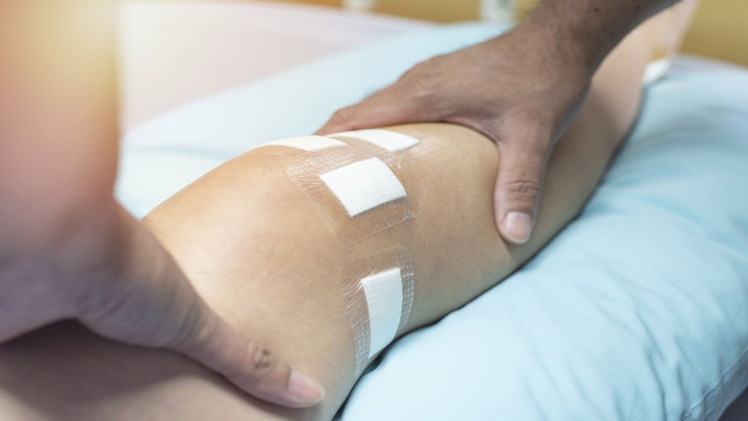The anterior cruciate ligament is a major ligament in your knee that connects your thigh bone to your shinbone and keeps the knee joint stable. Most ACL injuries happen during sports involving sudden stops and direction changes, like football, volleyball, basketball, and soccer. If you suffer an anterior cruciate ligament tear, ACL surgery San Antonio is often the most effective way to relieve pain and restore function. ACL surgery or reconstruction is an outpatient procedure performed by an orthopedic surgeon – a doctor specializing in bone and joint surgical procedures.
When would I need ACL surgery?
Several physical therapy sessions may successfully treat ACL injury for people who are relatively inactive and engage in moderate exercise and recreational activities. Generally, orthopedic surgeons recommend ACL reconstruction or surgery if:
- The injury involves more than one ligament
- Your knee buckles during everyday activities due to the injury
- You are an athlete and want to continue in your sport which involves jumping, cutting, or pivoting.
- You are young. However, your surgeon will also consider other factors like knee stability and activity level.
What are the risks of ACL surgery?
ACL reconstruction is a surgical procedure with risks, as with any surgery. Potential risks of this procedure include pain, bleeding, and infection at the surgical site. Other risks associated with ACL surgery include knee stiffness, poor healing, and graft failure after returning to sport.
How to prepare for ACL reconstruction
Your surgeon will likely recommend several weeks of physical therapy before surgery. The goal of physical therapy before surgery is to reduce pain and swelling and restore your knee’s full range of motion. You may not regain your full range of motion if you undergo surgery with a stiff, swollen knee.
Expect to have an initial consultation with your surgeon, where you will review your medications or dietary supplements. If you take blood-thinning medications, your doctor may ask you to discontinue their use for at least a week before surgery; this reduces your risk of bleeding. Your doctor will also give you detailed instructions, including eating, drinking, and taking any other medication the night before surgery.
What to expect during ACL surgery
ACL surgery typically involves general anesthesia so that you will be unconscious during the procedure. The procedure is done through small incisions –one to hold a thin, tube-like video camera and the other to allow surgical instruments access to the joint space.
During the procedure, the surgeon will remove and replace the damaged ligament with a part of the tendon. The tendon used to replace an injured ACL is called a graft; the surgeon derives it from another part of your knee. The graft can also come from a deceased donor.
The surgeon will drill sockets or tunnels into your thigh bone and shinbone to position the graft. Using screws or other devices, the surgeon secures the graft to your bones. The graft serves as scaffolding allowing for the growth of new ligament tissue.
After surgery, you will receive specific instructions on alleviating pain and controlling swelling. For example, it is important to keep your leg elevated, apply a cold warp to your knee, and rest as much as possible.
For further questions about ACL surgery, consult your provider at Cody Covington, MD.

